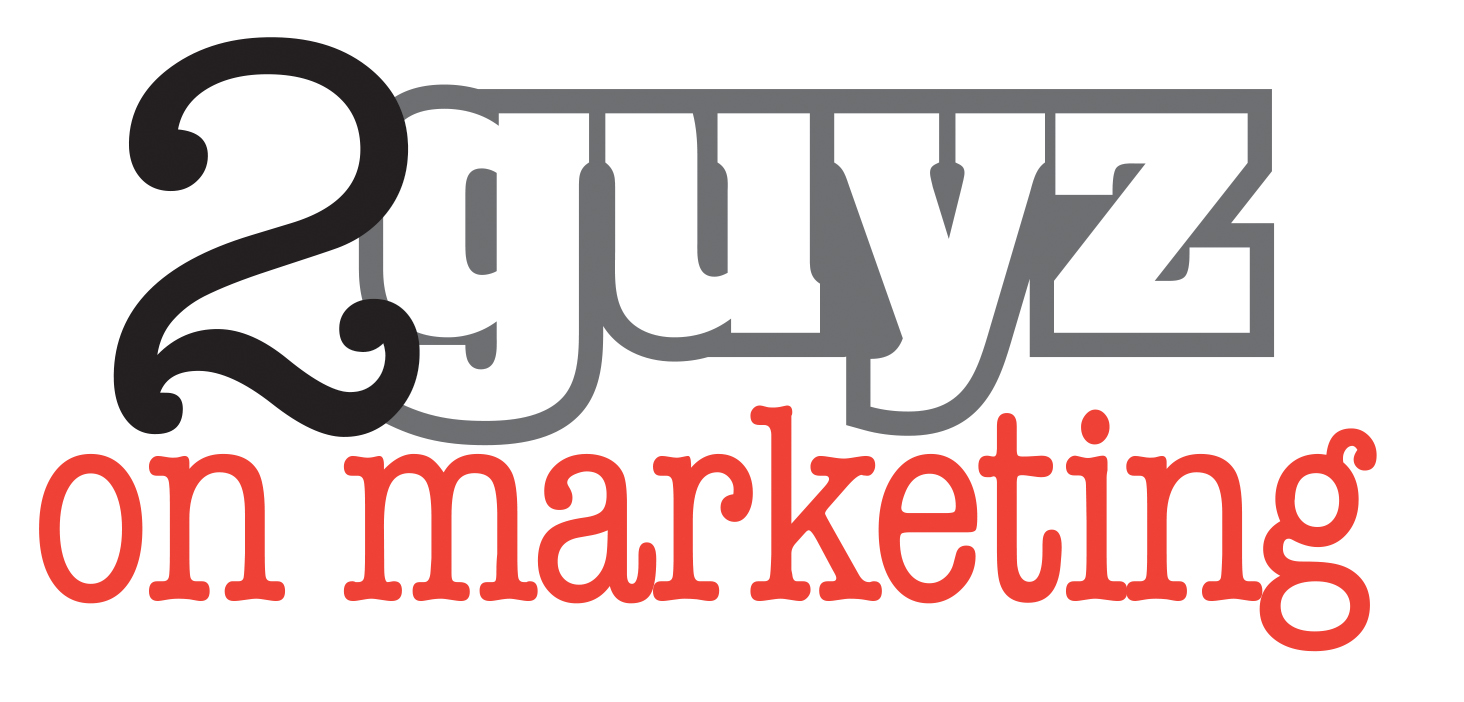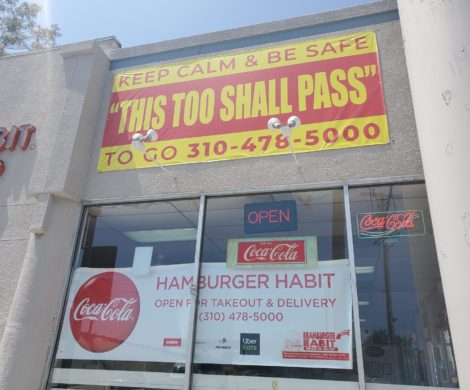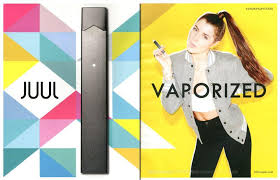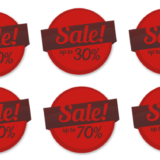Revisiting Product (From the 9 P’s of Marketing)

Marketing efforts often start with “Planning” or solving a “People” problem and continue with new Product development, be it a product, product line or a service. Or it could be both, a product and a service, for example when you have both with delivery or installation. Domino’s differentiated itself and its pizza from all of the pizza companies by first promising to deliver in under 30-minutes.
Although the product to some is the most important part of the marketing function, it needs other elements intertwined in order to succeed, such as partners, presentation, people (as in targeting), promotion, place and price.
In sophisticated Marketing there are more than the four P’s of Marketing. The 2 Guyz On Marketing teach and consult that “Product” and Services are vitally important to the success of a firm’s overall marketing efforts, objectives, strategies and tactics. The element “Product” is under both the 4P’s and 9P’s of Marketing.
To us, “Product” is the goods and service combination the firm offers to the target market, including variety of product mix, features, branding, designs, packaging, sizes, services, maintenance contracts, warranties and return policies. “Product” may include packaging, as a subset of the total offering.
Brand managers use packaging as a badge, trying to enhance the product’s value. In 2008, McDonald’s scrapped and changed its package design across 118 countries, 56 languages, to add their “quality food” story and make the packaging work harder for the brand. Packaging can increase the perceptions about the quality of the product.
The 2 Guyz On Marketing use the nine P’s of Marketing which contain several valuable concepts, elements, terms and useful definitions to help explain, find problems and aid in the understanding of Marketing and related activities, including Marketing objectives, strategies and tactics.
Here is the critical question: Can your customers, clients or users tell the difference between your product and services versus your competition? Is there differentiation?
Let’s look more closely at “Product,” one of the nine elements or components:
- A product (service) is anything that can be offered
to a market for attention, acquisition, use or consumption that might satisfy a
want or need. (Kotler)
- Look at branding; brand equity; brand name; quality; unique selling proposition (USP or U.S.P.) and unique value proposition (USP); newness; complexity; physical appearance; packaging; labeling; ingredients; maintenance and service contracts; and others.
- A product line is a group of products that are closely related because they function in a similar manner, are sold to the same customer groups, are marketed or sold through the same types of outlets, or fall within given price ranges. The major product line decision involves product line length (the number of items in the product line. A company’s product mix has four important dimensions: width (number of different product lines), length (number of items a company carries within the product lines), depth (number of versions offered for each product in the line), and consistency (how closely related the various product lines are in end use, production requirements, distribution channels, or in any other way).
- A service is any activity or benefit that one party can offer to another that is essentially intangible and does not result in the ownership of anything. (Kotler)
This falls under research: Have you ever thought how you asked a question to a consumer who has purchased your product? The right words, questions and/or phrasing can make a big difference, especially for new products. The question should be about getting valuable product feedback to improve your product versus the competitor’s products.
More strategic thinking from the 2 Guyz On Marketing:
- A Product or service also should have Purpose, which is discovering the product’s real value, use, difference, reason, or function for the consumer and user. In comparing the quality of a service consumers can relate it to their expectations and the experience with other services.
Some examples:
- Brand variant means offering different versions of the same product which are different in terms of flavor, quality, color, nutrients, etc. under the company’s brand name. For example, Coke is introducing cola products with coffee and other flavors. They are testing a product Coca-Cola Plus Coffee in Asia and Coca-Cola Energy in Europe.
- Target’s using 3D modeling: They can take an idea from a sketch to a prototype in a matter of days. After receiving a sketch from the designer or engineer, they can create a detailed CAD model of the product then feed it into one of their 3D printers. What results is a physical representation of what the designer envisioned. Target claimed at the time that they were the only retailer with rapid-prototyping capabilities.
- Under entertainment, gaming, broadcast, media and related to advertising and “product,” we can watch what we want to watch when we want to watch it anywhere, any screen.
Your success may be dependent on a great product but there is so much more, with great targeting or your “People” in the marketplace, with the right Partnerships and strategic alliances, selling at the right Price, in the right Place.
For more Marketing insights, ideas, concepts and Marketing solutions: Go to Londremarketing.com and look under “Articles and Resources” and the 9P’s/Nine P’s ©2007. Specifically you will find them detailed at 9P’s/Nine P’s or Nine P’s/9P’s of Marketing.
*Created by Larry Steven Londre. Copyright 2007.





